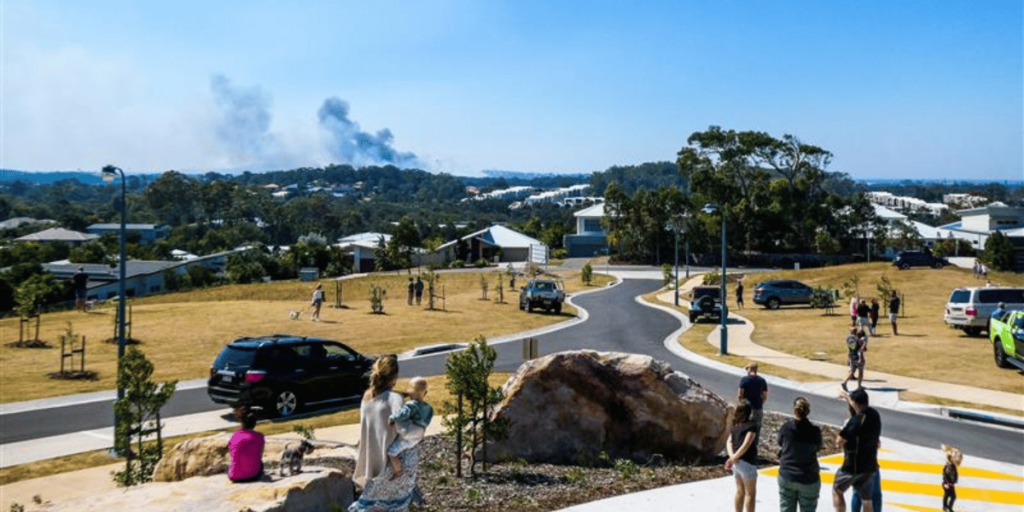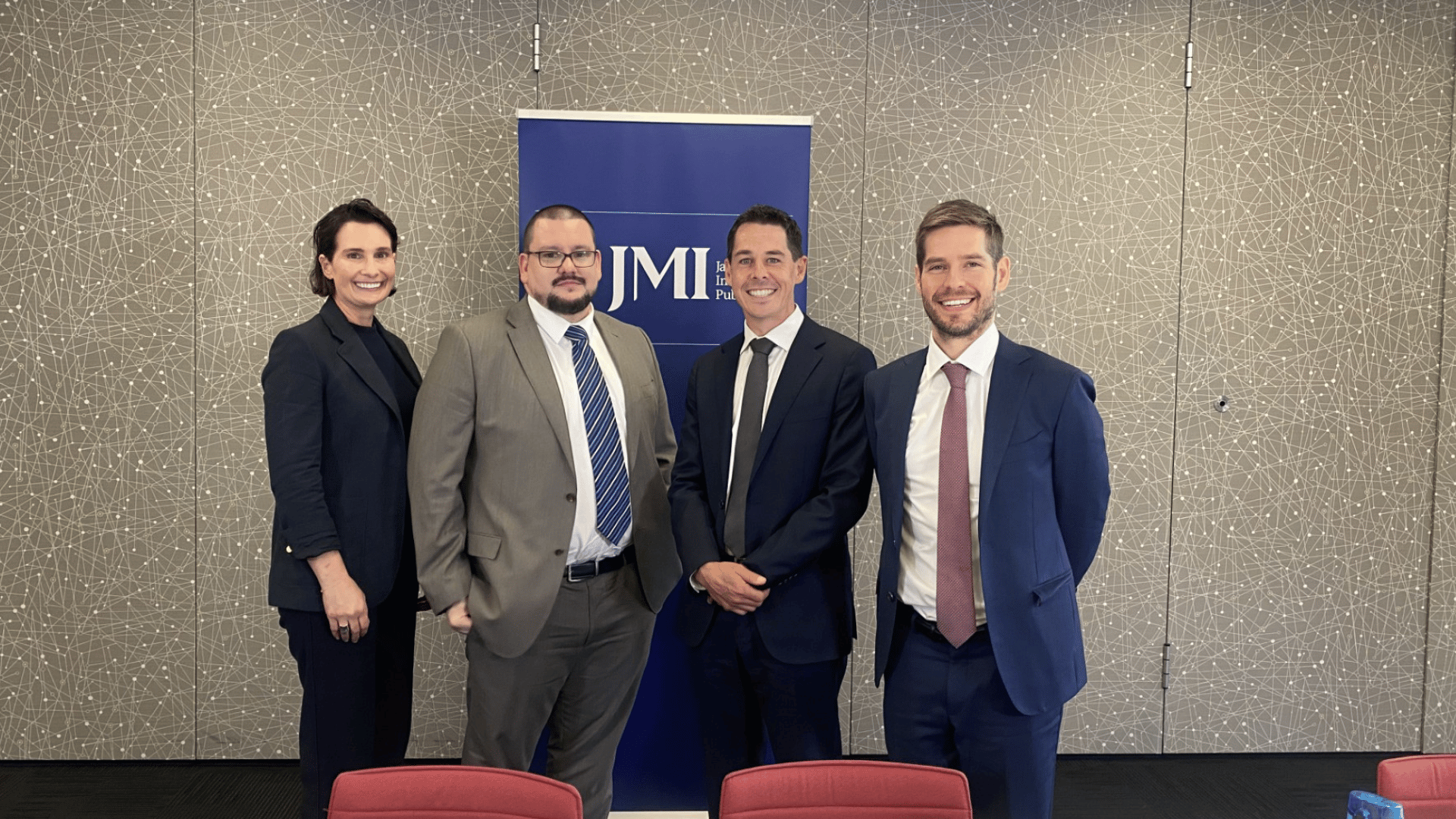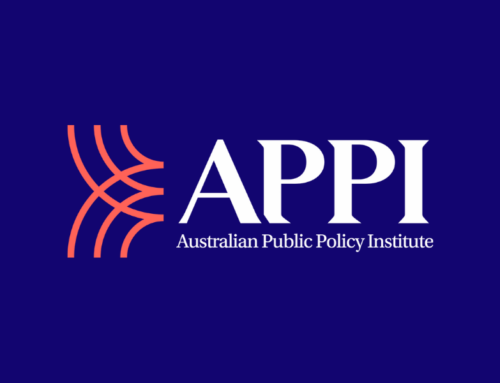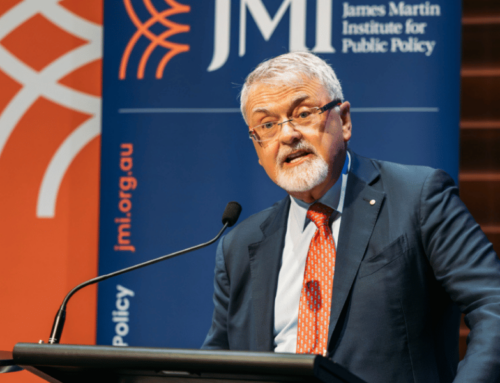
A new report released today identifies key opportunities to enhance community involvement in disaster management across New South Wales (NSW).
Authored by Associate Professor Margot Rawsthorne, Professor Amanda Howard, Dr Pam Joseph and Dr Cate Massola from the University of Sydney through a JMI Policy Challenge Grant, the report comes at a critical time as much of Australia battles heatwaves, bushfires and flash flooding this summer.
As the frequency and severity of climate-driven disasters continue to rise, the report highlights how better integration of local knowledge and participation can improve disaster preparedness, response, and recovery. The research, which focuses on three Local Government Areas – the Blue Mountains, Cabonne, and Hawkesbury – outlines how strengthening community engagement can lead to more coordinated and resilient disaster management across the state.
“There is a growing consensus, globally and locally, that shared responsibility is important in disaster management, and community engagement reduces disaster risks and enables better responses,” the authors write.
Key opportunities identified in the report include building shared responsibility, by enhancing collaboration between government agencies and local communities to create a more integrated approach to disaster prevention and response. The report also outlines opportunities to effectively embed local knowledge in strategy – leveraging local expertise and volunteer efforts to improve preparedness and responses, especially in the face of climate change.
The report highlights recent positive changes, such as the expanded definition of community in the revised NSW Emergency Management Plan 2023 and calls for further action to clarify the definition of “community” in disaster management policies to ensure more effective participation in decision-making.
“By actively involving local communities, we can create stronger, more resilient systems that are better prepared for the challenges posed by climate change,” said Associate Professor Margot Rawsthorne. “This report outlines clear, actionable steps for embedding community engagement into disaster management.”
“This insightful report forms part of a new JMI series on community resilience and place-based approaches to disaster and crisis. By fostering stronger partnerships between communities and emergency management authorities, the government has an opportunity to build more inclusive systems that support more effective disaster and crisis response strategies, especially for the most vulnerable populations,” said Jo Attwooll, Director of Grants and Fellowships at the JMI.
An upcoming webinar will explore the finding of the report further with academic and government representatives in March. Subscribe to JMI’s newsletter here to stay up to date with the latest news and events.








